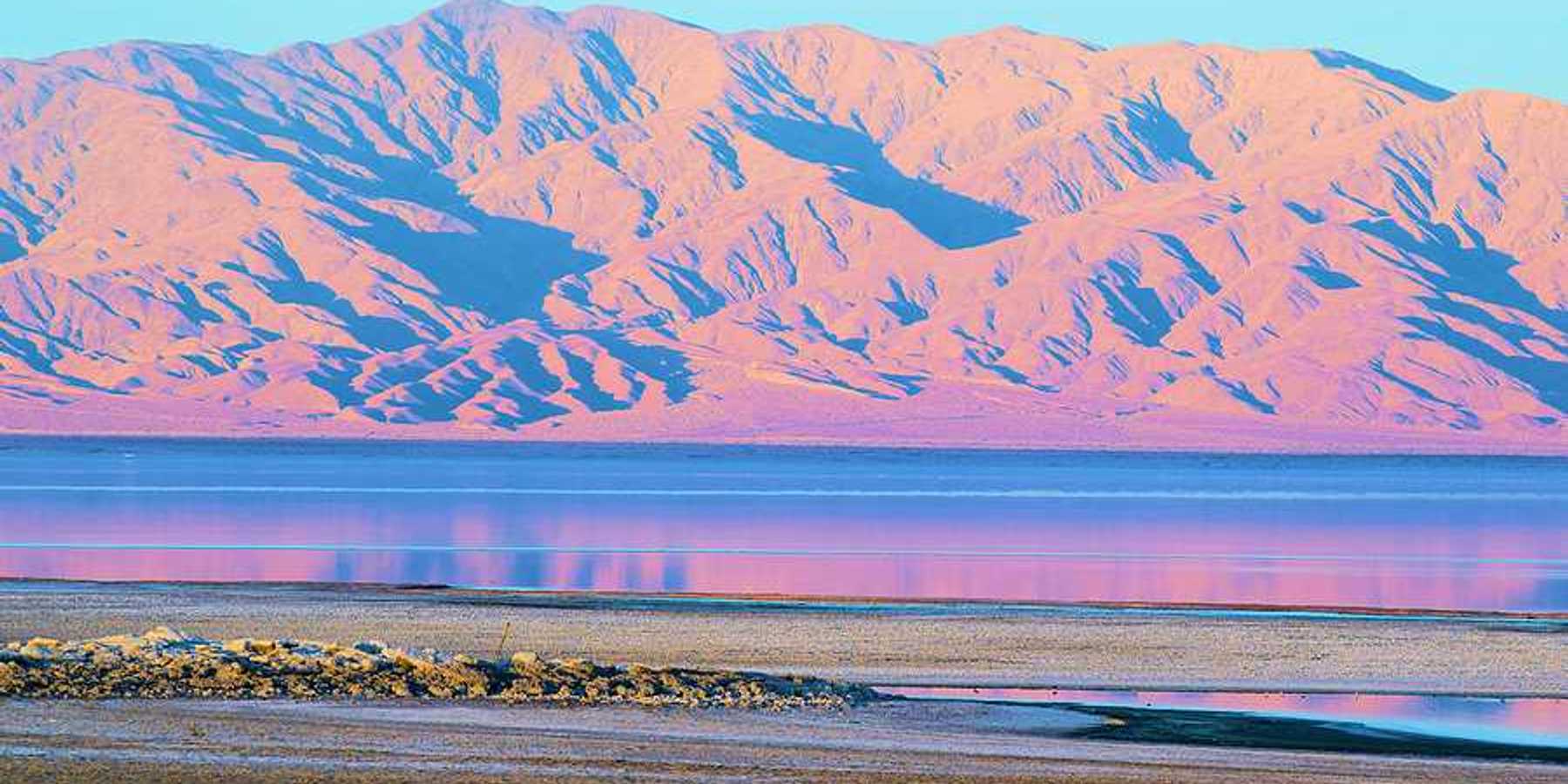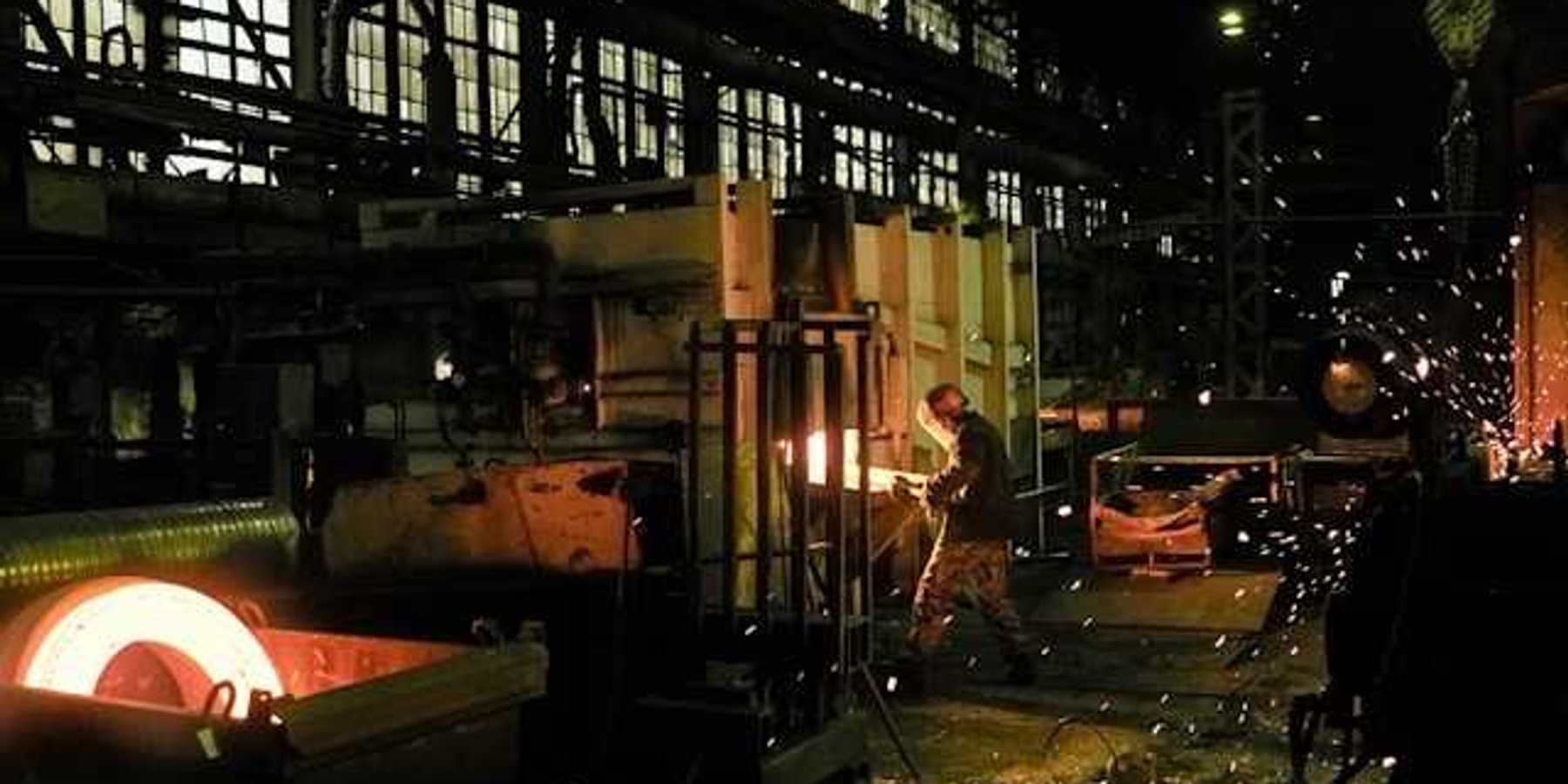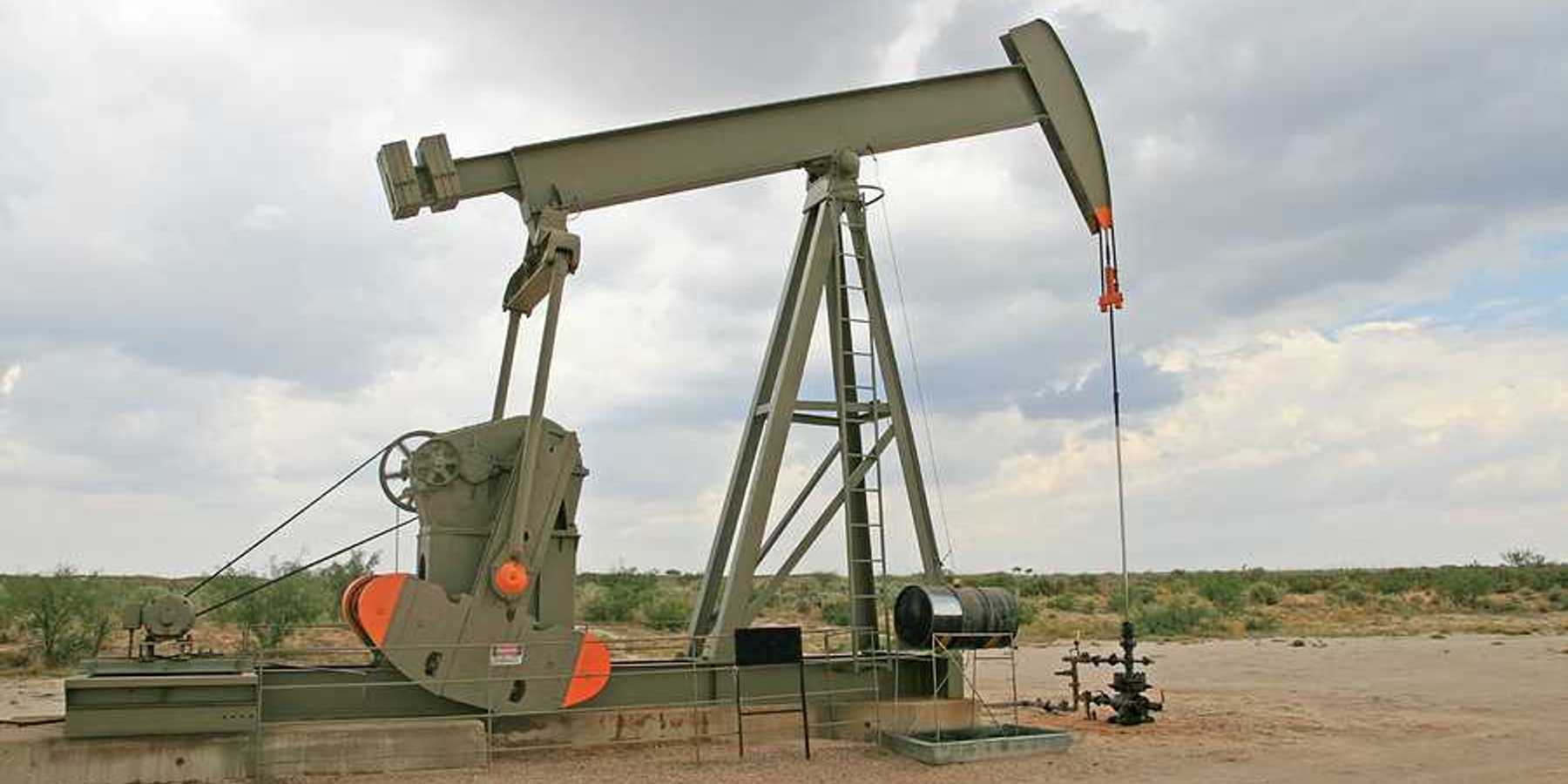In West Virginia, the Senate race outcome may change the trajectory of US climate policy
Sen. Joe Manchin’s retirement could shift West Virginia's influence on U.S. climate policy, with the upcoming Senate race set to determine whether the state continues to bolster fossil fuels or embrace clean energy.
James Bruggers and Marianne Lavelle report for Inside Climate News.
In short:
- Sen. Joe Manchin, a pivotal figure in U.S. climate policy, will retire, impacting future climate action.
- The race to fill his seat sees Republican Gov. Jim Justice, a fossil fuel supporter, leading against Democrat Glenn Elliott, who advocates for climate action.
- West Virginia has historically influenced national energy policy, often resisting robust climate initiatives.
Key quote:
"I truly believe with all my heart that God wants us to progress and like it or not, civilization only progresses with abundant cheap energy."
— Jim Justice, Governor of West Virginia
Why this matters:
The impending election will be a battleground for energy policy, with candidates likely to diverge sharply on their approaches to climate change. The outcome could determine whether West Virginia continues its legacy of coal and natural gas production or shifts towards embracing clean energy solutions. This transition is not just a political issue but one that deeply affects the state's economy and the livelihood of its residents, many of whom rely on the fossil fuel industry for jobs.













